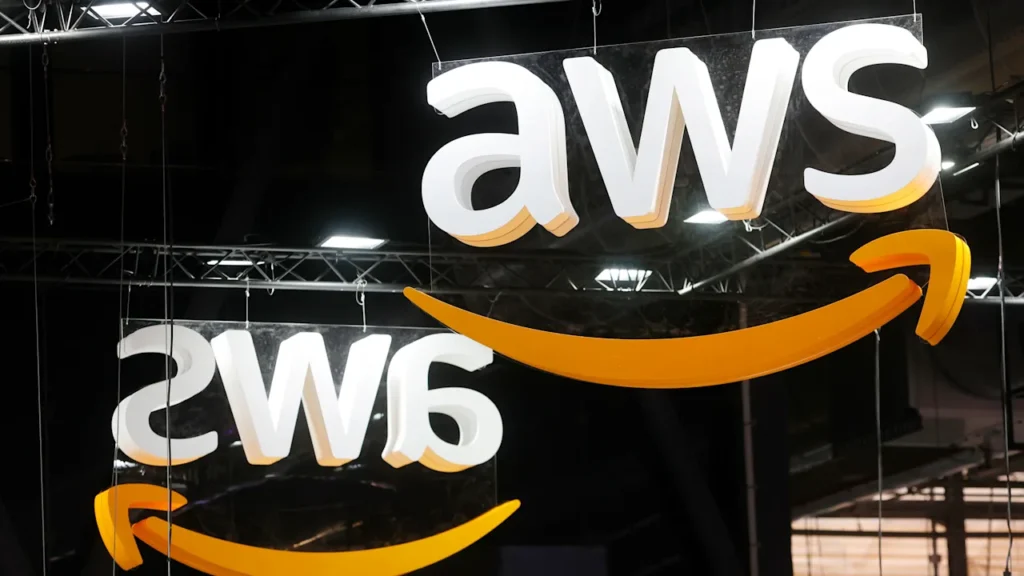
U.K. banks and government tech systems going down. University students in Australia struggling to complete their coursework. Homes across Europe losing access to their Ring doorbells.
While you were sleeping, large parts of the Amazon Web Services (AWS)-based internet went offline around the world.
According to the AWS outage monitor, the problem stemmed from a misconfiguration of Domain Name System (DNS) resolution within the company’s cloud infrastructure. The problem was remedied within three hours of being encountered—by people unable to log onto Roblox or search the web with Perplexity.
But the outage highlights just how much the web’s day-to-day functionality relies on the the existence of too few companies. AWS controls around a third of the market; Microsoft, through its Azure cloud service, and Google hold around another third. They are some of a handful of companies that dominate the market—and do so because of their ordinary success and smooth running of cloud infrastructure services.
That success, some argue, has translated to overly concentrated control by a small number of companies of key bits of the web’s infrastructure, which was always meant to be distributed and with many points of failure. “The main reason for this issue is that all these big companies have relied on just one service—AWS—without planning for redundancy,” says Nishanth Sastry, director of research at the University of Surrey’s department of computer science.
It means that in the rare event of an outage from those key infrastructure providers, we see catastrophic consequences across different sectors, from gaming to government.
“Once again, we are experiencing how the concentration in the computing industry, in this case in cloud computing, can crash major parts of our internet, all at once,” says Corinne Cath-Speth, an expert on cloud computing and head of digital at human rights organization ARTICLE 19. “The infrastructure underpinning democratic discourse, independent journalism, and secure communications cannot be dependent on a handful of companies.”
Even those that do have multiple eggs in multiple metaphorical baskets were affected. Signal, the secure messaging app which rents cloud infrastructure from AWS, Google and Microsoft Azure, faced outages because of AWS’s issues. Amazon did not immediately respond to Fast Company’s request for comment.
That urgency needs to go to the top of governments, nevermind businesses, reckons Amandine LePape, chief operating officer and co-founder of Element, which provides secure communications to governments. “Centralized systems may offer convenience and scale, but they also create single points of failure,” she says. “True resilience comes from decentralisation and self-hosting.”
That needs to be considered for the future—similar outages of AWS have occurred in 2020, 2021 and 2023—because it’s likely to happen again.
“Governments and other organizations must rethink their infrastructure strategies now,” says LePape, “or risk being next in line when the cloud goes dark, especially when it comes to their communications.”






